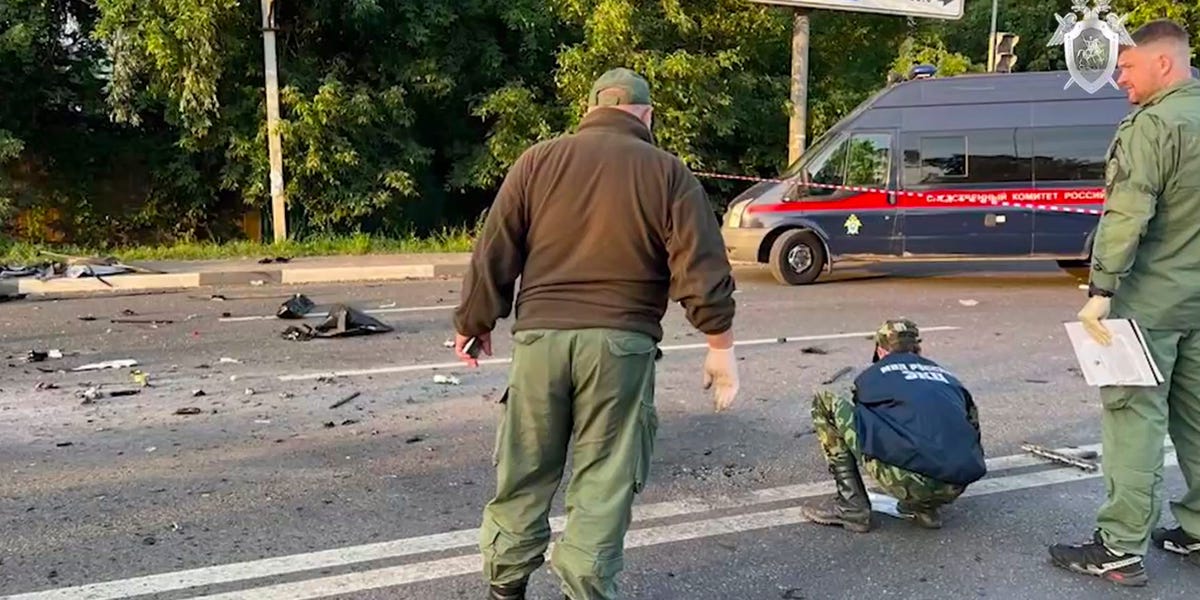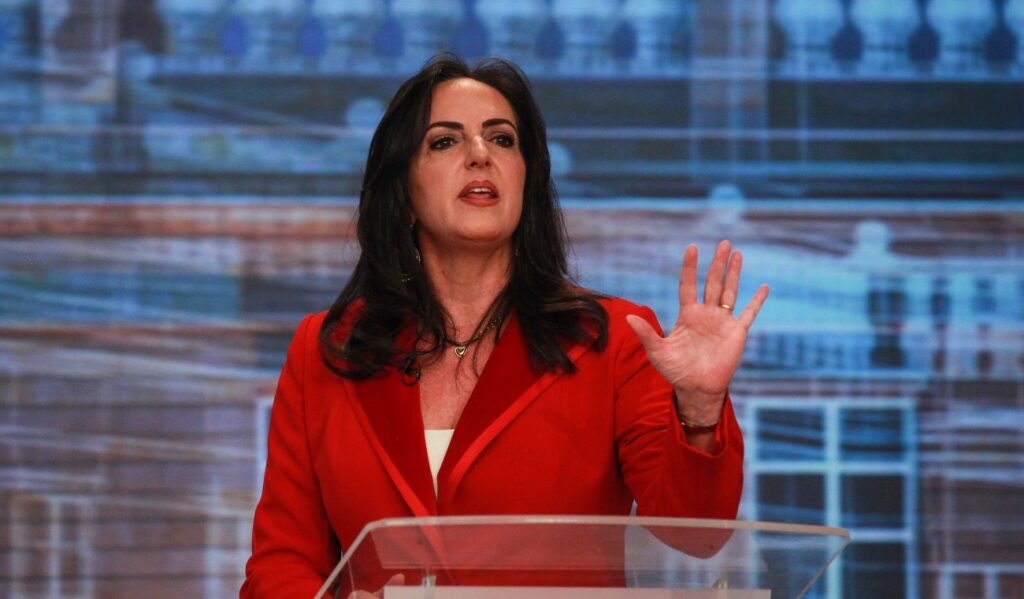In the early hours of Sunday, a strong explosion destroyed a car in a wealthy neighborhood on the outskirts of Moscow. Among the rubble were the remains of Dari Dugina, an activist in favor of Russian invasion of Ukraine and daughter of Aleksandr Dugin, an ultra-nationalist writer who helped build the ideological basis for the attack ordered by President Vladimir V. Putin.
As the car was his property, many think that the target of the attack would be the writer himself. According to the police, Dugin intended to use his car to return home, but at the last minute decided to use another vehicle and it was his daughter who suffered the attack.
According to several media outlets, the incident has generated fears of a further escalation in the war that has lasted six months.
In his first statements on Monday, Putin described the attack as a “vile and cruel crime”, and the favorable press accused Ukraine of being behind what happened. In fact, the television near the Kremlin, channel 1, showed four short videos in which, he says, a Ukrainian woman who would be the author of the murder is shown.
They show the alleged attacker crossing Ukraine’s border with Russia, moving through Moscow, and then escaping the country across the Estonian border. During the journey, the woman would be accompanied by a minor, presumably her daughter, and she moved with several passports from Ukraine, Russia and Azerbaijan.
But unsurprisingly, kyiv has denied having anything to do with the affair.
Russia’s national intelligence agency, the FSB, issued a statement Monday saying the attack “was prepared and carried out by Ukrainian intelligence agencies.” The entity’s claims could not be independently verified.
But the FSB statement described Dugina — herself an aggressive commentator who had gained a following with frequent appearances in state media — as the intended target.
At the end of the day, local time, the Kremlin published a letter of condolences from Putin to the parents of the deceased, the first statement by the Russian leader on the attack.
“A vile and cruel crime ended the life of Daria Dugina, a brilliant and talented person with a true Russian heart,” Putin wrote, without mentioning the perpetrators or Ukraine. “She showed by her actions what it means to be a patriot of Russia.”
The FSB alleged that the government of Volodimir Zelensky hired a Ukrainian woman to carry out the attack, stating that she had entered Russia on July 23 and rented an apartment in the Moscow building where the victim lived “to organize the assassination. of Dugina and get about her lifestyle.” The woman was at the same nationalist festival that Dugina and her father attended the Saturday before the attack, the agency said, without presenting evidence.
Ukraine’s presidential adviser Mykhailo Podolyak tweeted that the FSB statement was “propaganda” from a “fictional world.”
The FSB also claimed that the alleged bomber had left Russia for Estonia, later posting a video of what it said showed her in a gray Mini Cooper crossing the border. In this regard, the Estonian Foreign Ministry said it had no immediate comment. But the FSB’s claim is likely to further inflame tensions with the Baltic nation, which has been among the Kremlin’s leading critics in Europe.
A senior Russian lawmaker, Vladimir Dzhabarov, said on Monday that if Estonia did not hand over the woman, there would be “plenty of reasons for the Russian Federation to take tough action against the Estonian state.”
The car blast came on the heels of a series of Ukrainian attacks deep behind the front line in Crimea, and the FSB accusations raised calls among the war’s most ardent supporters to step up the fight and punish President Zelensky. .
“The Zelensky regime must be destroyed,” Sergei Mironov, another hardline leader in the Russian parliament, said in an interview on state television. “What the Ukrainian intelligence agencies are doing today on Zelensky’s orders is terrorism in its truest form.”
But the FSB statement is unlikely to convince Putin’s critics that Ukraine was behind the crime, among several reasons, because the investigation has been closed unusually quickly. Just over 36 hours after the blast, the agency’s statement that it had “solved” the crime represented an extraordinarily quick investigation compared to other high-profile murders, such as those of opposition leader Boris Nemtsov in 2015 or that of the freelance journalist Anna Politkovskaya in 2006, cases that remain unsolved.
And the agency has been accused of organizing attacks for political purposes. Two decades ago, the FSB was accused of involvement in bombings of Moscow apartment buildings that killed more than 300 people and sparked Russia’s invasion of the Chechen republic. Those accusations were never confirmed.
At the time, residents of Ryazan, 180 kilometers from Moscow, said they had found intelligence officers planting explosives under an apartment building, prompting the FSB to apologize and claim the material in question was sacks of sugar and that the incident was a security exercise.















